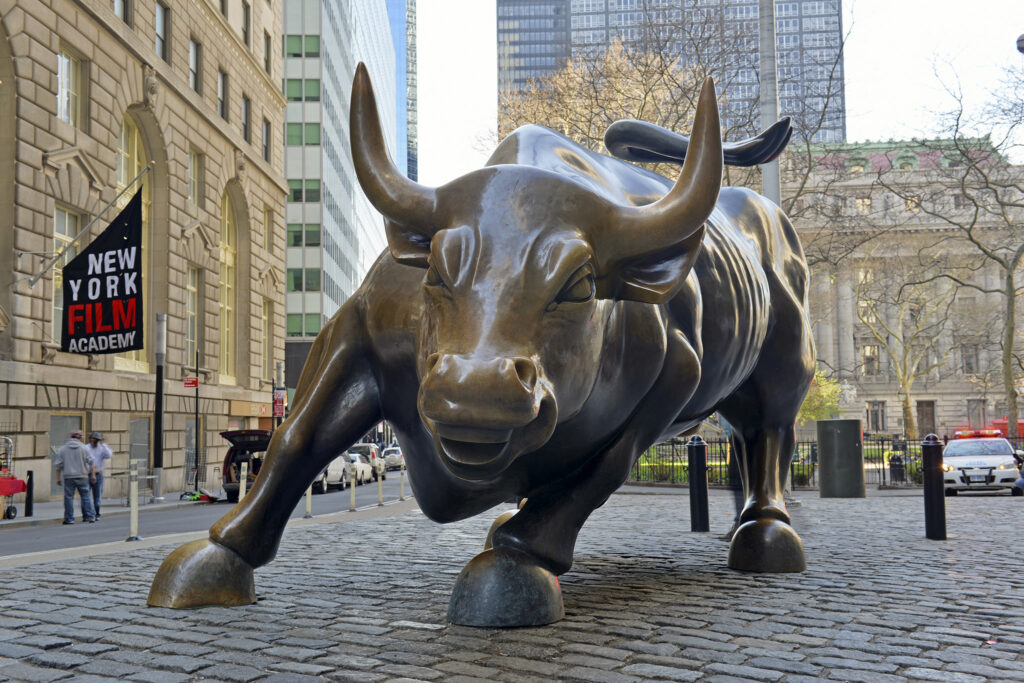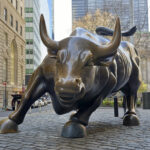
I have to say that reading this book was quite enjoyable. It filled me with inspiration and a couple of laughs at some of the events that took place within the history of the stock market. However, it also shed light on some lessons that I am reminded of in the downfall of many and the crashes the market has experienced since its inception in 1792. I would like to preface and say that I am not against Wall Street. I believe it can do good things. To me the idea is akin to an actor to Hollywood or a child with an unopened Dinosaur book. I can’t help but be infatuated with the battle of information, emotion, and wits that corporations provide. But with all things on this planet…there are flaws. This is an acknowledgment of them.
To me Wall Street is a lot like the story of Icarus on repeat. The story goes that Icarus, and his father Daedalus were trying to escape the Island of Crete. They were imprisoned and in order for them to be free and fulfill Icarus’s desire for adventure, Daedalus had decided to craft wings made with wax and feathers. He taught Icarus how to use them, and his only warning was that Icarus should not fly close to the sun because they melt or too low because they would get wet. As it would have it, on the trip Icarus forgetting his father’s lesson filled with excitement flew too close to the sun. His wings melted and he drowned.
Pride goes before destruction and a haughty spirit before a fall. Proverbs 16:18 NKJV
I make this connection because it is time tested that overconfidence, pride, and self-interest will always destroy every person, organization, or system it takes hold of. Wall Street is not an exception to the rule. In this book we see with our own eyes how many times there are people who sell poor financial products to unsuspecting buyers and when the closet inevitably opens, everything falls out. 1929, 1973, 1987, 2000, and 2008. Even though “historically” the market has gone up, when we zoom in a couple timeframes these were times where real people lost their jobs, homes, family members, and assets because of something in a perfect world could have been avoided.
In conclusion, 100 Years of Wall Street reminds me that finance, like anything powerful, demands respect, humility, and the discipline to read in-between the lines. I don’t see Wall Street as a villain. I see it as a reflection of human nature — capable of creation or destruction. My hope is that by remembering both, I can take part in this world with a wiser, steadier hand.
Maybe the idea isn’t to stop flying, but to remember how easily wax melts.




